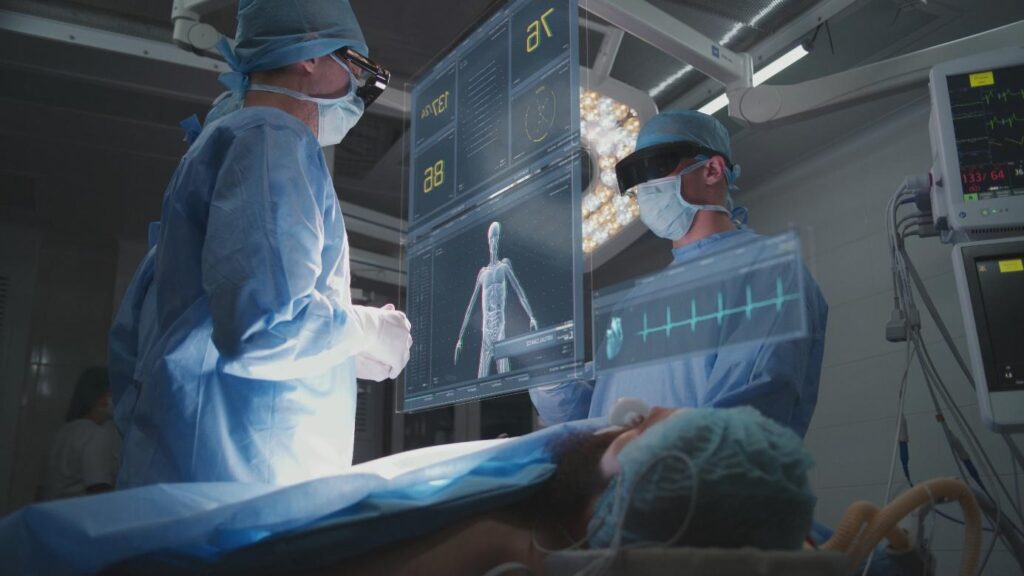Tiemoko talks about his professional experience at Pharmalys Ltd
I am a Microbiologist from Mali. I wanted to be a CR professional when I understood the beneficial impact CR has on patients’ lives. I wanted to contribute towards health research as a whole.
The onboarding day gave us the opportunity to meet Marieme Ba, Pharmalys’ CEO who welcomed us and delivered an overall presentation of the PACE curriculum.
The code of conduct was clearly defined, requiring 100% availability, punctuality, assiduity, politeness, kindness, flexibility, respect of confidentiality, and being solution-oriented – which I now realize is crucial in the work place.
The PACE program is 100% live, online and delivered in English. The 3-month theoretical part covers every domain we have to know to fully understand what CR is, from clinical operations to data management; from ICH-GCP to medical writing. This part was very rich and intense. I appreciated very much that the instructors systematically provided us with exercises, quizzes, real case scenarios to work on. It helped me very much to fix the knowledge.


The instructors were all very experienced in their specialties, business-oriented, and highly familiarized with training and education.
An additional factor that helped me progress successfully in the PACE course was the mentorship program. Mentors were experienced Pharmalys team members whom we would meet on a regular basis.
These meetings allowed me to ask questions and talk about my concerns, failures or successes to my mentor. He provided me with a lot of advice and tips that have all been very useful to me up to now!
The PACE program is not only a program that focuses on CR, it helps learners apprehending the professional environment. Through the soft skills training, we learned how to collaborate and communicate at best with our colleagues, how to prioritize tasks, and manage time. I learned a lot, and a few months after these classes, I can feel how impactful they have been on my professional behavior.
I passed the 3 assessments of the first PACE part and celebrated my achievement before starting my 6-month internship at Pharmalys.
I was happy to have the opportunity to combine office and field work as a junior CR professional. I had numerous opportunities to participate in on-site visits with my mentor and other members of the Pharmalys team. Read more: Tiemoko talks about his professional experience at Pharmalys Ltd | PACE (pace-cr.com)
AI in medical education: a revolution is underway


Artificial intelligence (AI) refers to technologies that enable computers and robots to mimic human intelligence. Read more: https://pace-cr.com/news/artificial-intelligence-in-health-benefits-limitations-and-risks/ . AI is rapidly advancing and transforming medicine, a trend accelerated by the Covid-19 pandemic. AI technologies analyze various types of health data, including clinical, behavioral, environmental, drug information, data from biomedical literature and patients. These advancements aim to enhance the speed and accuracy of diagnosis and therapy, improve imaging methods, assist doctors and patients in surgery, facilitate drug research, and enable more personalized treatments.
The integration of AI in medicine is growing, driven by these advancements. However, ethical concerns persist, such as data security risks, changes in the patient-physician relationship, potential social inequalities, and the risk of AI replacing many professional tasks, leading to higher unemployment rates. Read more: https://pace-cr.com/news/artificial-intelligence-in-health-benefits-limitations-and-risks/
For medical students, gaining adequate knowledge and skills in AI applications is crucial, as they may need to use technologies that were not available during their education. The World Medical Association advocates for revising medical curricula and providing educational opportunities for patients, physicians, medical students, health administrators, and other healthcare professionals to understand the various aspects of AI in healthcare, both positive and negative. Read more: AI in medical education: a revolution is underway | PACE (pace-cr.com)
Focus on Bayesian methods in Rare Disease Drug Development


Drug development for rare diseases presents significant challenges, particularly in generating reliable data from clinical trials (CTs) conducted on small samples. Small trials often yield results with limited precision, making it difficult to interpret the treatment effects or achieve statistical significance. To address this situation, alternative trial designs that effectively use both internal and external data on treatment efficacy and safety should be considered a necessity to maximize the ability to draw clinically relevant conclusions. Bayesian methods have been proposed as a valuable framework for investigating interventions in such small samples.
Utility of Bayesian Methods in Rare Disease Clinical Trials
Traditionally, CT analysis has relied on frequentist statistics, which are heavily dependent on long-run properties of repeated experiments and are rooted in the concept of the p-value. However, this approach has several limitations, including challenges in interpreting the proper meaning of the p-value and confidence intervals, difficulties in estimating the probability of clinical benefit, and a lack of straightforward mechanisms for integrating external information with internal trial data. Bayesian statistics, on the other hand, are well-suited to overcoming these challenges.
Bayesian statistics are particularly relevant in rare disease research because they provide a clear probability of a clinically meaningful treatment benefit. Read more: Focus on Bayesian methods in Rare Disease Drug Development | PACE (pace-cr.com)

